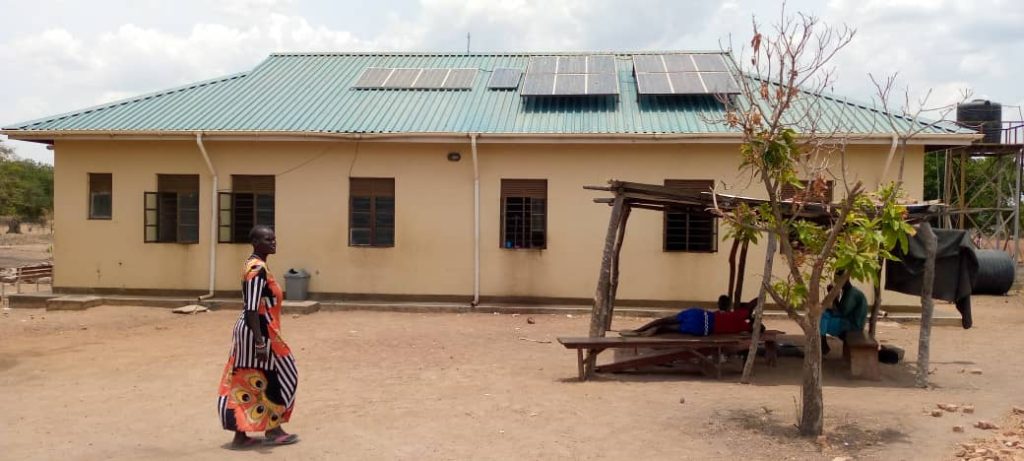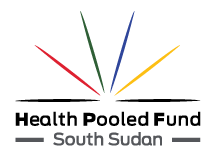PROVIDING QUALITY HEALTH CARE FOR THE MOST VULNERABLE CHILDREN IN SOUTH SUDAN
Every breath counts in Tonj North, Warrap State – South Sudan, but the progress in addressing the number of children who die from complicated childhood illnesses is not happening fast enough. It is the poorest children who lack access to basic quality health services for diagnosis and treatment due to long-distance travel and insecurity, who are most at risk of contracting deadly childhood illnesses.
When Ayen became sick, his mother, Adhiew Madut from Maper Boma, Awul Payam was so worried that her 3-month-old baby would not survive. Baby Ayen was first diagnosed with malaria by Elizabeth Atong Deng, a Boma Health Worker in Maper Boma who could not manage the case at her level and decided to refer them to Awul PHCU. Adhiew, a 31-year-old single mother, who lost her husband a year ago in an inter-communal conflict narrated:
“Taking care of 6 children isn’t easy. There isn’t enough food to feed my children. When my child was brought to the HPF3 supported health facility, I thought I was going to lose him because he was hardly breathing; the nurses seemed worried. I cried and I thought that my son would die of the sickness.”
Adhiew believes her child’s situation worsened due to poor feeding and that her body was unable to generate enough breastmilk to feed her child. Like many other families in Tonj North, they depended on livestock and green vegetables for food, which were affected by perennial drought, flooding, and a series of cattle raids. This has led to increased childhood diseases in the community, and malnutrition on the rise.
Adhiew had lost hope for her baby Ayen while rushing him to the nearest Health Pooled Fund (HPF3)-supported outpatient medical facility. Ayen’s case was so complicated, that he was again referred from Awul PHCU to Warrap PHCC in Tonj North with a history of convulsion and a fever of 38°C.

At Warrap PHCC, he was managed by HPF-supported staff, who diagnosed him with Malaria and started treatment. His mother was stressed because of her baby’s condition and was given psychosocial support by the healthcare workers. Baby Ayen was admitted to the HPF3-supported facility for 4 days so that he would fully recover.
“Now my child has been treated, returned home and is doing well,” Adhiew said.
The staff follow-up children who undergo treatment like Ayen’s for further advice. During the follow-up visits, the health workers educated Ayen’s mother about malaria screening for children under five and referring a child with danger signs (convulsions) like Ayen to a health facility, as well as, proper care of the children at home.
To improve the health of the people living in Tonj North County, World Vision International in Consortium with Amref CCM-Foundation and in collaboration with CHD/SMOH-Warrap State, is implementing life-saving health and nutrition interventions project, with support from the Health Pooled Fund. The programme provides free life-saving primary healthcare and nutrition services for children and women. The response also strengthens the capacity of the local health system to prevent, detect, and respond to outbreaks of common epidemic-prone diseases.
The story was written by: Kenyi Scopas John, Tonj North County Coordinator WVI-SSD
